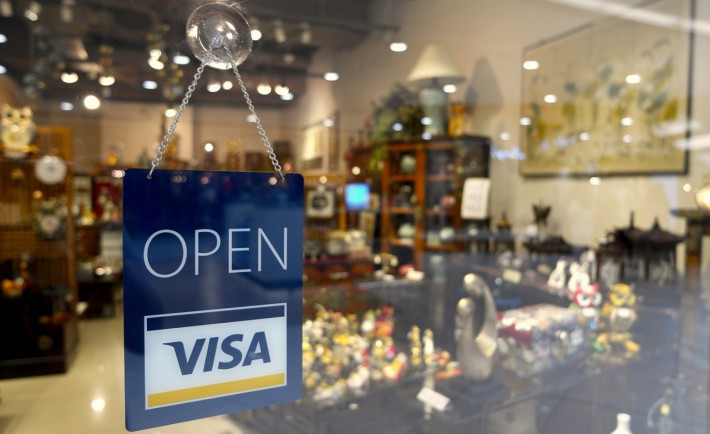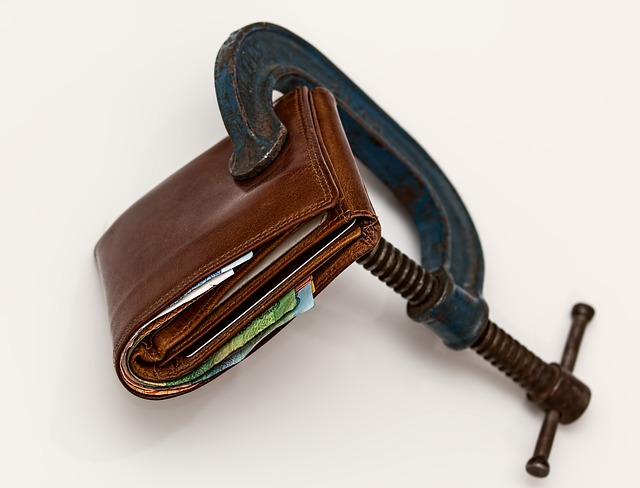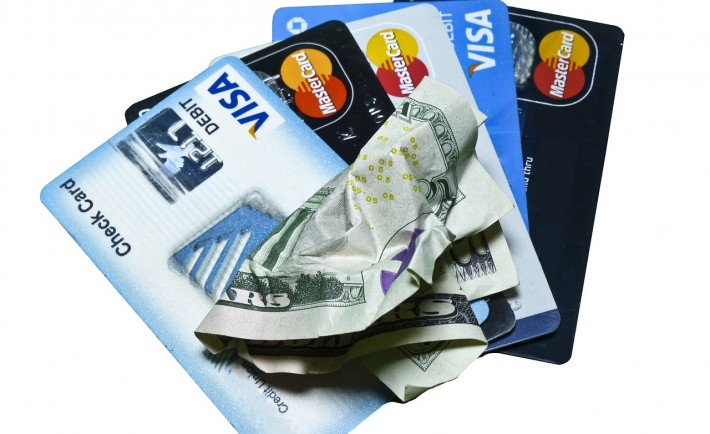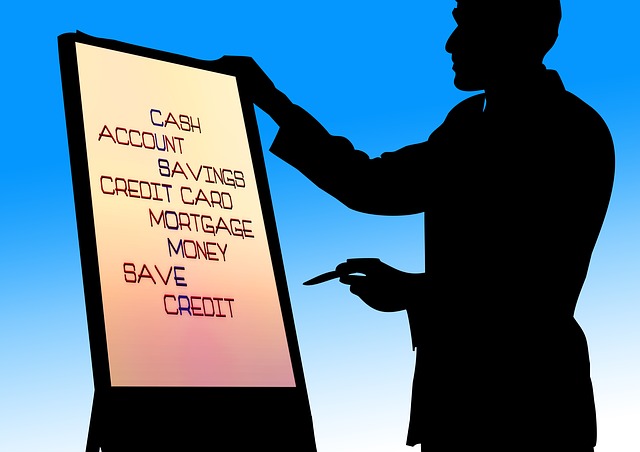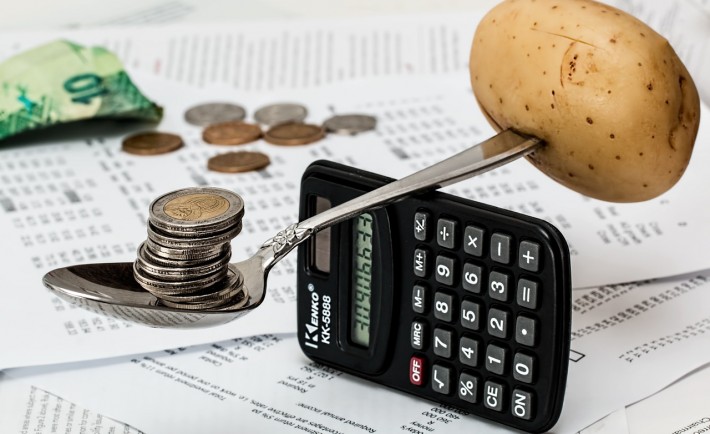Reaching for something you really want to have takes hard work, determination, realistic expectations, and savings. All these are vital to achieving your financial goals. The first step that you must take is to organize not just your financial documents but also your time. Commit at least 30 to 60 minutes per week to financial planning including your goals.
Planning for your goals start by making them specific. Identify what you really want and how much will it cost. Do you want a flat at an expensive condominium or at an affordable HDB? The more transparent your financial goal is, the more realistically you can save.
When making a financial plan as a married couple, it is paramount that you share the same financial goals. Discuss it together and make sure that you each contribute to achieving them.
Once your financial goals are all set, categorize each one in terms of the length of time you will spend to accomplish them. The categorization includes short-term, mid-term, and long-term financial goals. Short-term financial goals (SFG), such as purchasing a microwave, are achievable in less than a year. Mid-term financial goals (MFG), such as an expensive family vacation to Europe, can take up to 5 years. Lastly, long-term financial goals (LFG) are achievable in more than 5 years. This includes your retirement plan.
After you categorized your financial goals in terms of time, it is time to prioritize each one of them so you can concentrate better. For instance, if you prioritize on saving for your children’s tertiary education (LFG) and a new microwave (SFG) rather than spending for a new car (LFG) and a new phone (SFG) then, save for it first.
The last step you must take is to figure out how much you will need to achieve each one. Do not be discouraged if the total amount seems overwhelming. What is important is the fact that you have realistic and tangible financial goals to work toward to. Revisit these goals every month and continue to refine your financial plan. If there is a difficulty in keeping your goals, analyze your budget and see if there are any areas that you can reduce or eliminate. This will increase your savings.





